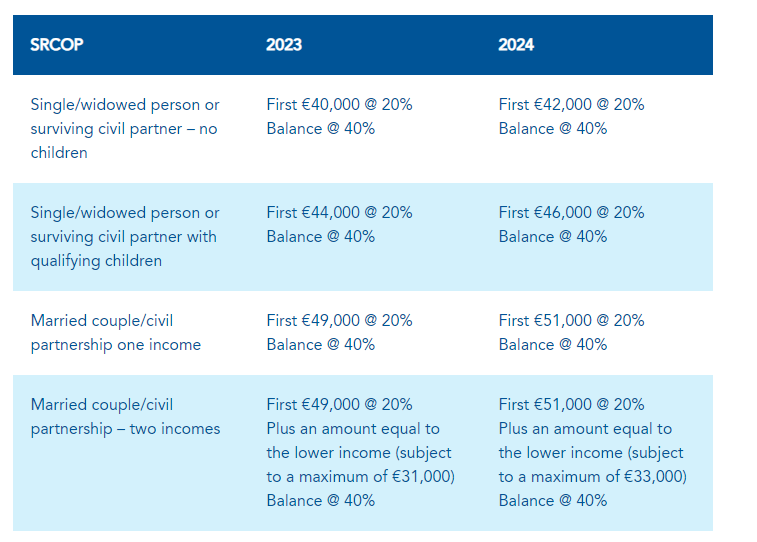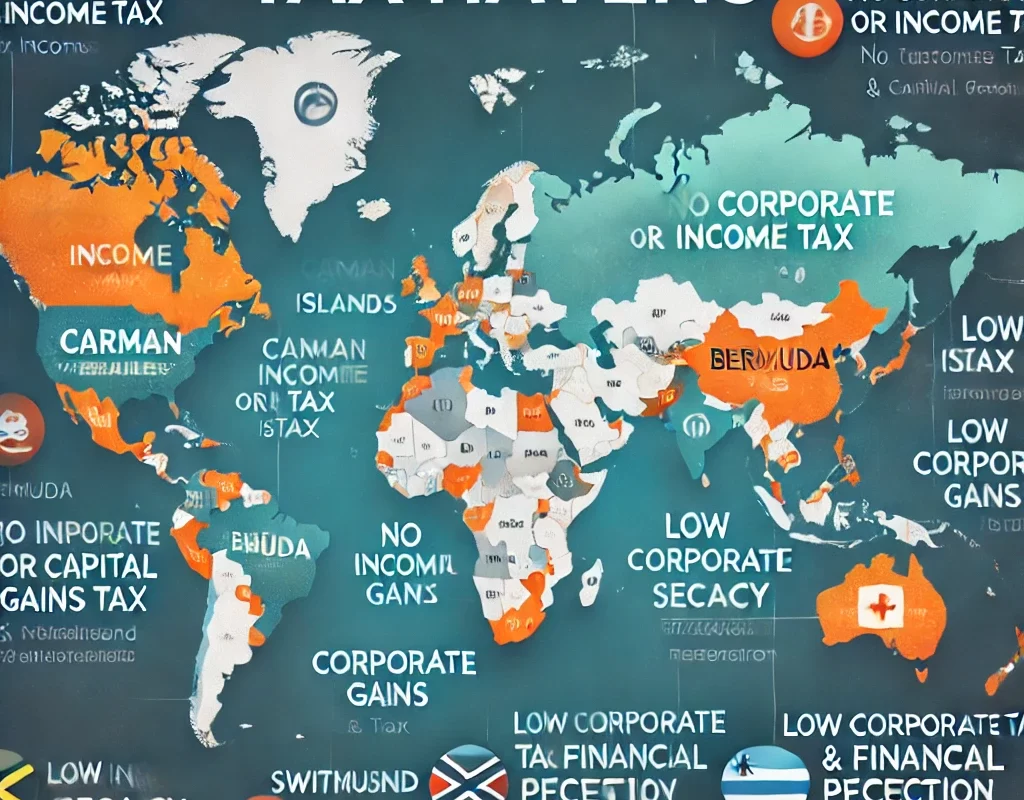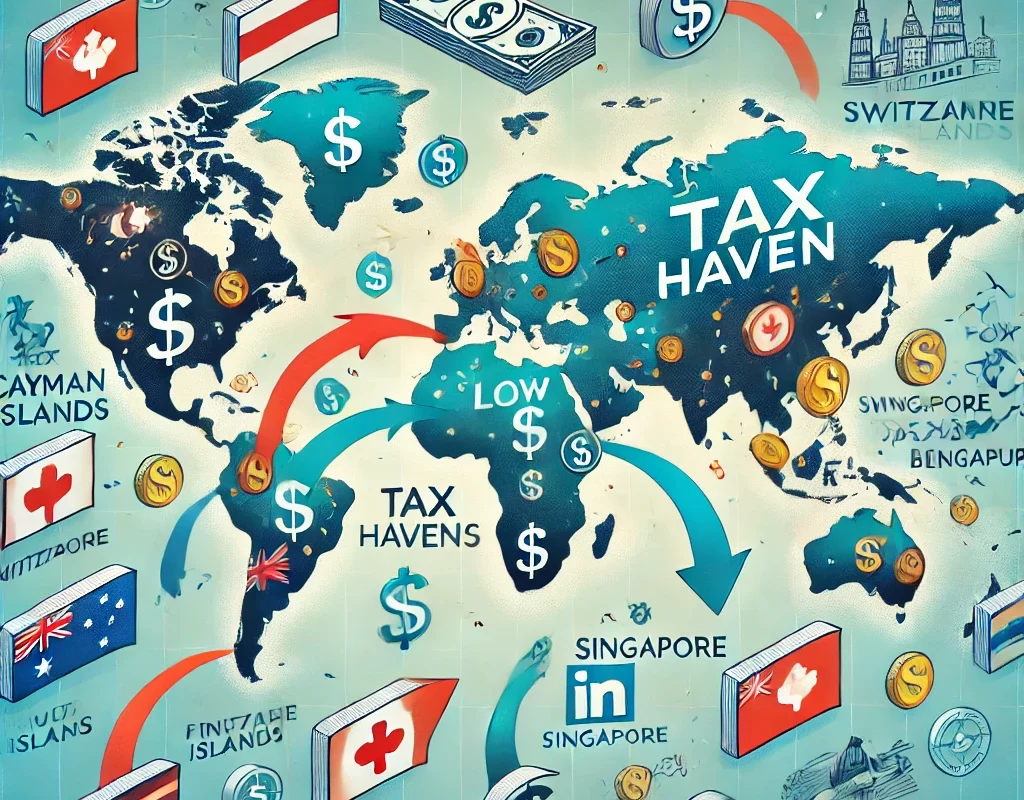India has emerged as a major investment destination due to its large consumer market and growing economy. However, foreign companies and individuals investing in India must navigate a complex taxation and regulatory framework. This guide provides an in-depth overview of the taxation and compliance requirements for foreign investors in India.
Modes of Foreign Investment in India
Foreign investors can enter India in various ways, including:
Foreign Direct Investment (FDI)
Investment in an Indian company through equity shares, convertible instruments, or preference shares.
Foreign Portfolio Investment (FPI)
Investment in securities such as listed shares, bonds, and mutual funds.
External Commercial Borrowings (ECBs)
Loans raised by Indian entities from foreign sources.
Investment in Real Estate & Infrastructure
Allowed under specific conditions.
Joint Ventures & Wholly-Owned Subsidiaries
Setting up an Indian company under the Companies Act, 2013.
Key Taxation Aspects for Foreign Investors
Foreign investors must comply with the Indian Income Tax Act, 1961, as well as Goods and Services Tax (GST) and other regulatory requirements. The major tax aspects include:
Corporate Taxation for Foreign Companies
Tax Rates
Foreign companies are taxed at 40% (plus surcharge and cess) on income earned in India.
Permanent Establishment (PE)
If a foreign company has a business connection in India (e.g., branch, project office, or agent), it may be subject to corporate tax in India.
Transfer Pricing Regulations
Transactions between related entities must comply with Indian transfer pricing rules under Sections 92-92F of the Income Tax Act.
Withholding Tax (TDS)
Payments made to foreign companies for services, royalties, dividends, or interest are subject to withholding tax (varies based on Double Taxation Avoidance Agreements – DTAA).
Minimum Alternate Tax (MAT)
If a foreign company has a PE in India, MAT at 15% (plus surcharge and cess) may apply.
Taxation for Foreign Individuals Investing in India
Capital Gains Tax
Short-term capital gains (STCG) on listed shares (less than 12 months) – 15%
Long-term capital gains (LTCG) on listed shares (more than 12 months) – 10% (above ₹1 lakh)
STCG on unlisted securities – As per slab rates
LTCG on unlisted securities – 10% without indexation
Dividend Income
Taxed at 20% for foreign investors, subject to DTAA benefits.
Rental Income
Taxable at slab rates for individuals or corporate tax rates for companies.
Interest Income
Typically taxed at 5-20%, depending on the nature of the investment and DTAA provisions.
GST Compliance
Import of services is subject to reverse charge mechanism (RCM) where the Indian recipient pays GST.
Businesses involved in e-commerce or digital services may fall under India’s Equalization Levy (6% on specified services).
Regulatory Compliance for Foreign Investors
Foreign investors must comply with the Foreign Exchange Management Act (FEMA) and Reserve Bank of India (RBI) guidelines. Key requirements include:
Filing Forms & Returns
Filing with RBI & FEMA
FC-GPR
Required when a foreign investor subscribes to shares in an Indian company.
FC-TRS
Required when a foreign investor transfers shares to/from an Indian resident.
Annual FLA Return
Mandatory for entities receiving foreign direct investments.
Income Tax Filings
Form ITR-3 or ITR-5 (for individuals/partnerships with business income in India).
Form ITR-6 (for foreign companies operating in India).
Tax Deducted at Source (TDS) Returns if applicable.
GST Returns (if applicable)
GSTR-1, GSTR-3B (for companies providing taxable supplies in India).
Transfer Pricing Documentation
Foreign entities engaged in inter-company transactions must maintain documentation under Rule 10D and file Form 3CEB.
DTAA & Tax Exemptions
Investors from countries with DTAA agreements with India can claim reduced tax rates on dividends, royalties, and capital gains.
Special Considerations for Startups & Venture Capital Investments
Foreign investors in startups (eligible under Startup India) can benefit from reduced LTCG tax rates.
Angel Tax exemption is available for investments made by foreign entities in registered startups.
Venture capital investments may be eligible for tax pass-through treatment under Section 10(23FB).
Penalties & Non-Compliance Risks
Failure to comply with taxation and regulatory norms can lead to severe penalties, including:
Interest and penalties under Income Tax Act (e.g., 1% per month for late filing of tax returns).
Non-filing of FC-GPR, FC-TRS, or FLA Return can attract hefty fines from RBI.
Transfer pricing violations can lead to adjustments and penalties up to 100% of tax underpaid.
GST non-compliance can result in penalties up to 100% of tax due.
Conclusion
Foreign investors in India must carefully navigate the taxation and compliance landscape to ensure smooth operations and avoid legal issues. Engaging a tax advisor or compliance expert can help in structuring investments optimally and ensuring full regulatory compliance. The key is to stay updated with changing tax laws, take advantage of DTAA benefits, and adhere to mandatory filing requirements to avoid penalties.
By following the above guidelines, foreign investors can efficiently manage their tax obligations and maximize their returns in India.





